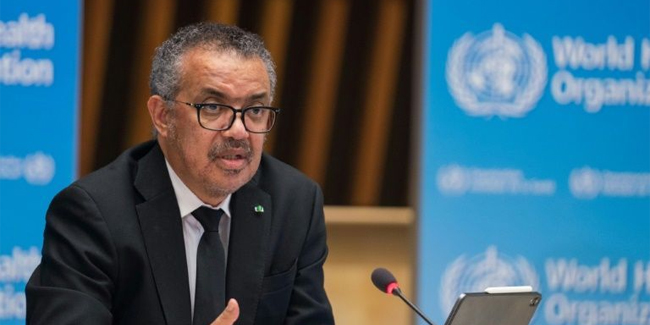The WHO slammed wealthy countries for hogging COVID-19 vaccines.
The World Health Organization (WHO) slammed wealthy countries for not only hogging COVID-19 vaccines but in doing so, hindering the pathway for poorer countries to get them as well.

WHO Director-General Tedros Adhanom Ghebreyesus on Monday said that some wealthy countries’ direct deals with vaccine manufacturers had meant that previously-agreed COVID-19 vaccine allocations for poorer countries, through the COVAX program, were being reduced.
According to the UN health agency chief, money was available to procure COVID-19 vaccine doses for some of the poorest countries, following fresh contributions from the European Union, the United States, and Germany — but it’s worthless if there’s nothing to buy.
Tedros encouraged wealthy countries to check whether their own vaccine deals with vaccine manufacturers were undermining COVAX, which poorer countries were relying on as they awaited their first vaccine doses.
“Even if you have the money, if you cannot use the money to buy vaccines, having the money doesn’t mean anything,” Tedros told a virtual press conference with German President Frank-Walter Steinmeier.
READ ALSO: WHO Agrees “No-fault” Compensation Fund For Serious COVAX Vaccine Side Effects
The ONE Campaign — an organization co-founded by U2 singer Bono — last week said that members of the Group of Seven top industrialized nations along with the rest of the EU plus Australia had collectively bought nearly 1.25 billion more vaccine doses than they needed in order to vaccinate every member of their populations against the coronavirus disease.
According to Tedros, they can only have COVID-19 vaccines delivered to the countries who were members of COVAX if the high-income countries cooperated in respecting the deals that COVAX did.
The first wave of COVAX vaccines, according to a report on Manila Bulletin, were to be shipped out between “late February and the end of June”.
For more news and updates, you may feel free to visit this site more often. You may also visit Newspapers.ph via our official Facebook page and YouTube channel.
